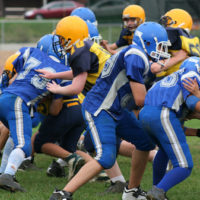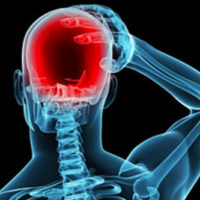Archive
Diagnostics
Learn about diagnostic evaluations of concussions and other brain injuries.
Concussion and Youth Football: What’s the Score?
Over a million youth ages 6-12 and 1.5 million age 12 to 17 play football, the most dangerous sport in America. Prevention efforts cannot take away all the risk.
The Consequences of Concussions Are Not Necessarily “Mild”
Caroline had a sports-related concussions on the soccer field. Immediate removal from a game or practice after a suspected concussion should be followed by a medical evaluation. Death and disability from second impact syndrome can be prevented with adherence to guidelines and laws enacted in all states and the District of Columbia.
Concussions or “Mild” Brain Injuries are Still Misunderstood
Even as the incidence of concussions is on the rise in the U.S. and in countries around the world, this injury from a blow to the head remains a largely misunderstood condition. Concussions happen to people from all walks of life—young athletes, the elderly, people injured in motor vehicle accidents,…
Keep up to date
Get updates on the latest in concussion, brain health, and science-related tools from Dr. Elizabeth Sandel, M.D.
By clicking SIGN UP, you agree to receive emails from Dr. Sandel and agree to our terms of use and privacy policy.


